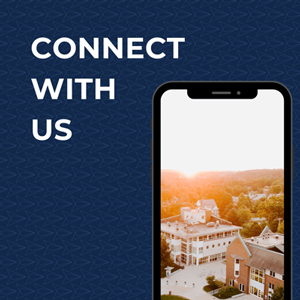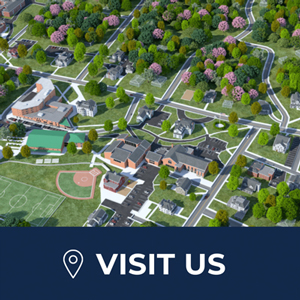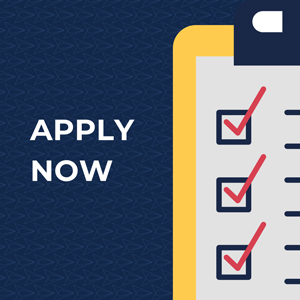Health Science Major

Health Sciences
The B.S. in Health Science degree program provides students with the opportunity to pursue a pre-professional education that prepares them for careers in medicine, nursing, biomedical research, or healthcare management.
The multidisciplinary approach is built upon a strong foundation in the biological sciences combined with coursework in the humanities and social sciences.
Program Features
- The Health Science degree program at Lasell is a pre-professional program, designed to prepare students for graduate work in fields including nurse practitioners, genetic counseling, physician's assistants, physical therapy, and occupational therapy, while still providing students the option to focus on business and management to go into such fields as healthcare management or administration.
- A semester off-campus field experience that will provide professional interaction and training in a student's chosen area of career focus within the health sciences.
- Seminar learning opportunities, and courses that exemplify Lasell's unique Connected Learning environment, facilitated by faculty with noted industry experience. Students will complete a minimum of one industry-relevant internship and will come out of the program ready to create actionable insights.
- Lasell has partnered with St. George’s University in Grenada (SGU) to offer undergraduate students a direct pathway into medical school. Undergraduate students can apply to SGU’s pathway at any point during their undergraduate career.
Do you want to be an Athletic Trainer?Students are required to earn a master's degree from a CAATE accredited program to become an athletic trainer. Lasell's Health Science degree is a pathway to our Master of Science in Athletic Training. |
What You'll Learn
From your first day, you’ll take courses in your major and advance towards graduation with a yearly plan. Not sure what classes to take? We’ll help you create the perfect plan.
Learning Outcomes
Learning Outcomes are consistent with the mission of Lasell University and reflect the standards of the American Chemical Society.
- Interact professionally and educate clients, patients, peers, colleagues and medical/athletic personnel.
- Identify ethical issues, model professional conduct and behavior, and advance knowledge through the use of evidence-based practice and professional development.
- Demonstrate a comprehensive level of knowledge in the area of human performance and body function and knowledge in the laboratory skills and techniques for successful scientific communication.
For a complete list of courses and learning outcomes, view the Academic Catalog >>
|
Career Success in the Health Science Industry
Students are prepared for careers or graduate school in medicine, nursing, biomedical research, or healthcare management.
Our students have interned with:
- Lasell Village
Dr. Robert Dye, MD, Cardiologist, Internist, Brookline, MA Newton-Wellesley Hospital Brigham and Women's Hospital
Atrius Health-Harvard Vanguard
Our alumni have gone to:
- Graduate school:
Physician Assistant
Physical Therapy - Nursing school
- Orthopedic Affiliates Joint and Sports Medicine Center












 Accelerated Master's Program
Accelerated Master's Program

